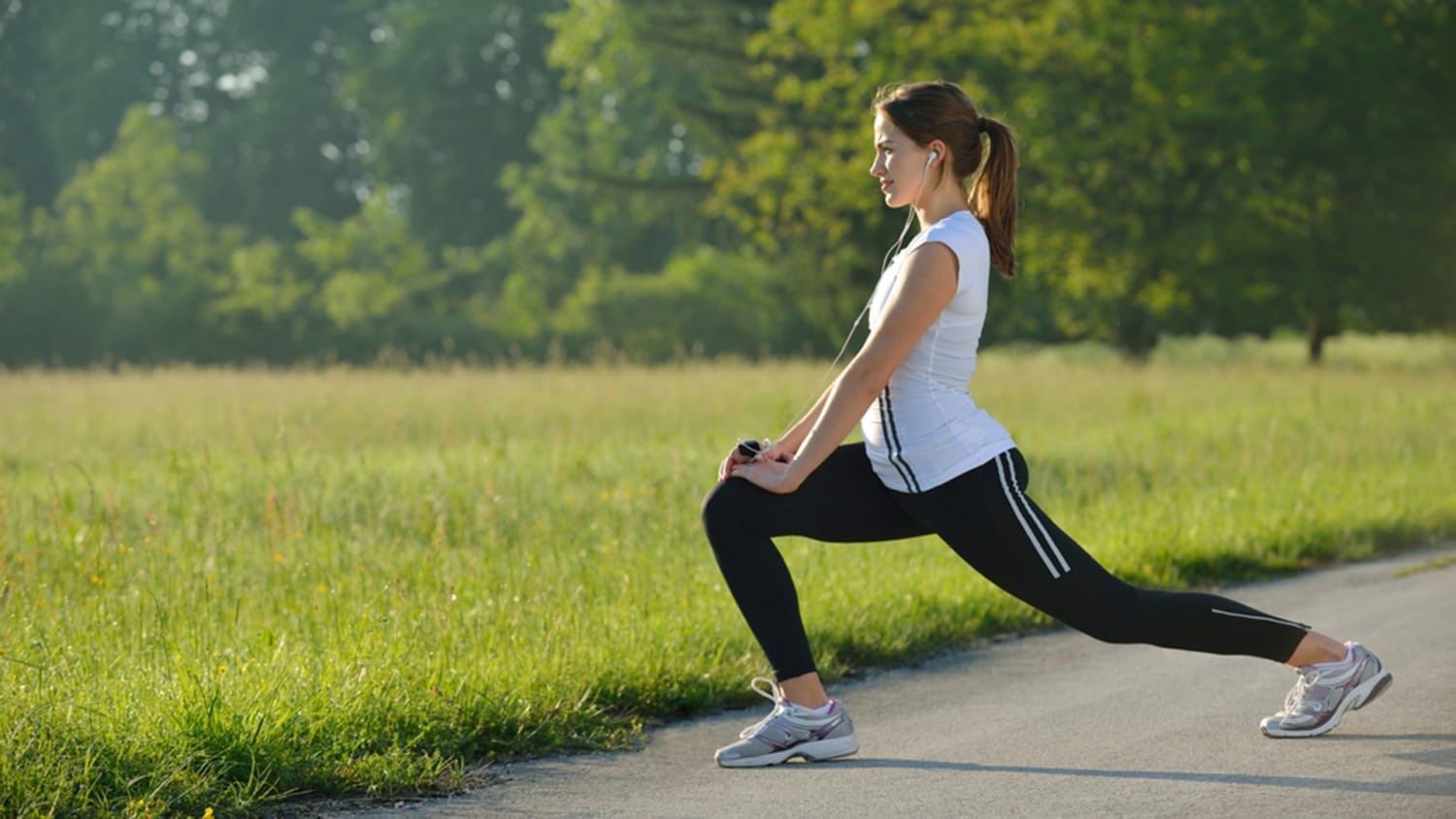A Path to a Healthier Life
Regular exercise and physical fitness play a crucial role in maintaining overall health and well-being. Engaging in physical activity offers a myriad of benefits for the body and mind, both in the short and long term. In this article, we will explore the numerous advantages of exercise and fitness, highlighting how they can positively impact various aspects of our lives. From improving physical health and boosting mental well-being to enhancing cognitive function and promoting longevity, exercise is a powerful tool that can help us lead healthier, happier lives. So, let’s delve into the extensive benefits that exercise and fitness have to offer.
Physical Health Benefits
Regular exercise contributes to overall physical health in numerous ways. Here are some key benefits:
- Weight Management: Engaging in physical activity helps burn calories, contributing to weight loss and weight maintenance. Combined with a balanced diet, exercise can support healthy weight management.
- Enhanced Cardiovascular Health: Aerobic exercises, such as jogging, swimming, or cycling, strengthen the heart and improve cardiovascular fitness. Regular exercise helps lower blood pressure, reduce the risk of heart disease, and improve circulation.
- Stronger Muscles and Bones: Resistance training, such as weightlifting or bodyweight exercises, promotes muscle strength and endurance. It also helps maintain bone density and reduces the risk of osteoporosis and fractures.
- Increased Energy Levels: Engaging in regular exercise boosts energy levels and reduces feelings of fatigue. It enhances the delivery of oxygen and nutrients to the tissues, improving overall vitality.
- Improved Immune System Function: Exercise stimulates the immune system, making it more efficient at fighting off infections and diseases. Regular physical activity can help reduce the risk of certain illnesses and boost immune function.
- Reduced Chronic Disease Risk: Regular exercise is associated with a lower risk of chronic diseases, including type 2 diabetes, certain types of cancer, and metabolic syndrome. It improves insulin sensitivity, reduces inflammation, and supports overall metabolic health.
- Better Sleep Quality: Regular physical activity promotes better sleep patterns and improves sleep quality. It helps regulate circadian rhythms, reduces stress, and promotes relaxation, leading to more restful nights.

Mental and Emotional Well-being
Exercise has profound effects on mental and emotional well-being. Here are some key benefits:
- Mood Enhancement: Physical activity stimulates the release of endorphins, neurotransmitters known as “feel-good” hormones. Regular exercise can boost mood, reduce symptoms of depression, and alleviate anxiety.
- Stress Reduction: Engaging in exercise helps reduce stress levels by increasing the production of neurotransmitters like serotonin and norepinephrine. It acts as a natural stress reliever and improves overall resilience to stress.
- Boosted Self-Confidence: Regular exercise can enhance self-esteem and body image. Achieving fitness goals and improving physical abilities can boost confidence and promote a positive self-perception.
- Improved Cognitive Function: Exercise has a positive impact on cognitive function, memory, and attention. It promotes blood flow to the brain, increases the production of growth factors, and enhances neural connections.
- Enhanced Brain Health and Protection: Regular exercise is associated with a reduced risk of cognitive decline and neurodegenerative diseases, such as Alzheimer’s disease. It supports brain health and protects against age-related cognitive decline.
- Increased Productivity and Mental Clarity: Engaging in physical activity can improve focus, concentration, and mental clarity. Regular exercise can help increase productivity and cognitive performance in work or academic settings.

Social and Emotional Benefits
Exercise and fitness can also have positive social and emotional impacts. Here are some notable benefits:
- Opportunities for Social Interaction: Participating in group
fitness classes, sports activities, or exercise programs can provide opportunities for social interaction and connection. It helps foster friendships and a sense of community.
- Improved Body Image and Self-acceptance: Regular exercise, combined with a focus on overall health, can improve body image and promote self-acceptance. It encourages individuals to appreciate their bodies for what they can do rather than solely focusing on appearance.
- Increased Resilience and Mental Toughness: Engaging in physical challenges and pushing oneself outside of comfort zones during exercise can enhance resilience and mental toughness. It builds determination, discipline, and the ability to overcome obstacles.
- Stress Relief and Emotional Regulation: Exercise serves as a healthy outlet for stress and emotional regulation. It provides a constructive way to release tension, clear the mind, and manage emotions effectively.
- Improved Quality of Life: Regular exercise and physical fitness contribute to an overall improved quality of life. It enhances mobility, increases functional fitness, and allows individuals to engage in activities they enjoy with ease.

Longevity and Disease Prevention
Engaging in regular exercise and maintaining fitness levels are associated with increased longevity and disease prevention. Here are some key points:
- Longevity: Studies consistently show that regular exercise is associated with a longer lifespan. It reduces the risk of premature death from various causes, including cardiovascular disease and certain types of cancer.
- Disease Prevention: Regular physical activity plays a crucial role in preventing chronic diseases such as heart disease, stroke, type 2 diabetes, and certain types of cancer. It improves overall health markers and reduces disease risk factors.
- Healthy Aging: Exercise supports healthy aging by maintaining muscle mass, bone density, and cognitive function. It helps preserve mobility, independence, and overall vitality as individuals age
Exercise and fitness offer numerous benefits that positively impact our physical health, mental well-being, and overall quality of life. Regular physical activity supports weight management, cardiovascular health, and immune system function. It promotes mental and emotional well-being, reduces stress, and enhances cognitive function. Additionally, exercise provides opportunities for social interaction, improves body image, and increases resilience. By incorporating regular exercise into our daily routines and maintaining fitness levels, we can enjoy the countless benefits that exercise has to offer. Remember, it’s essential to find activities you enjoy and establish a sustainable exercise routine that aligns with your lifestyle. So, lace up your sneakers, find activities that inspire you, and embark on a journey to a healthier, happier you through the power of exercise and fitness.


